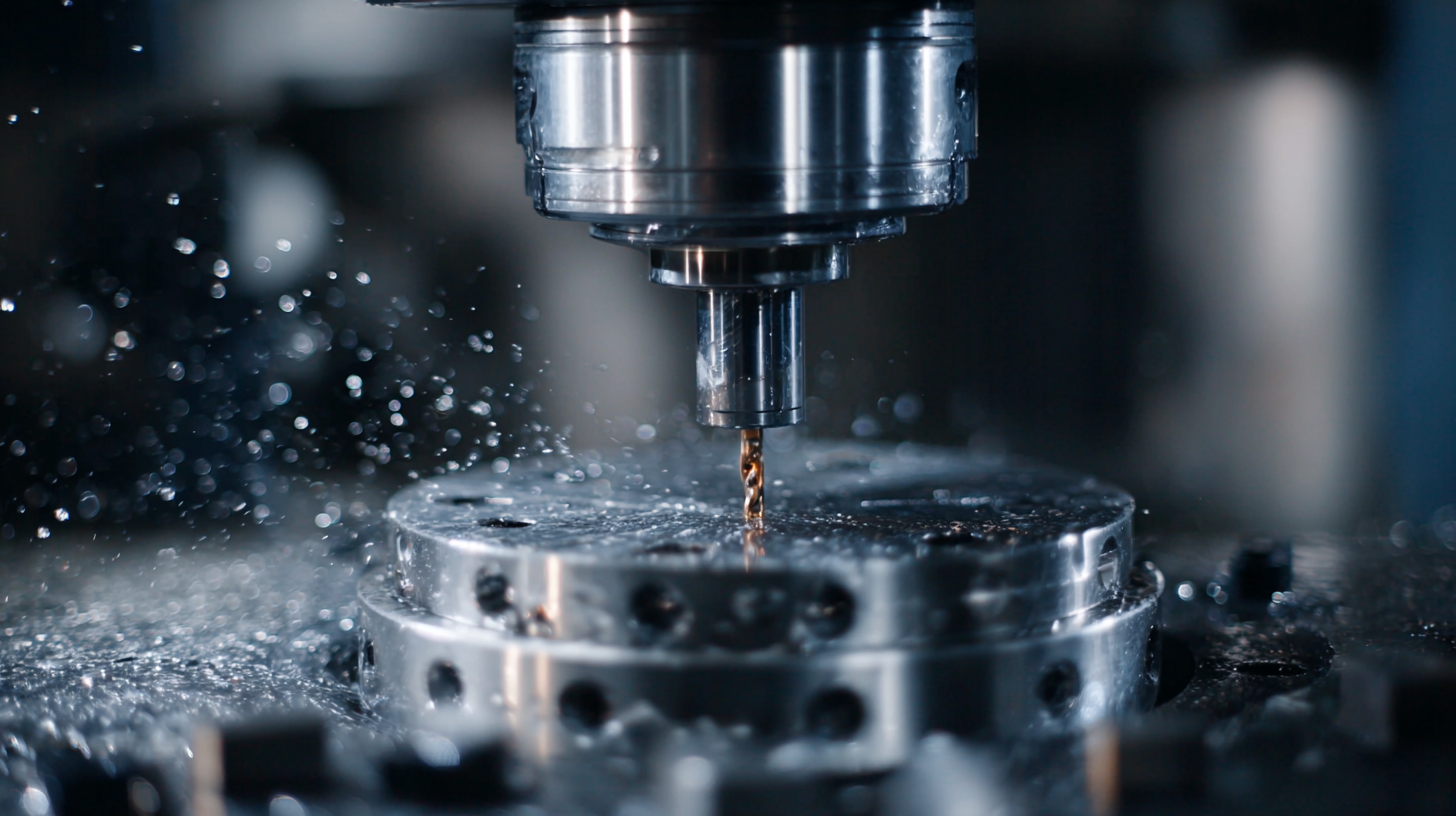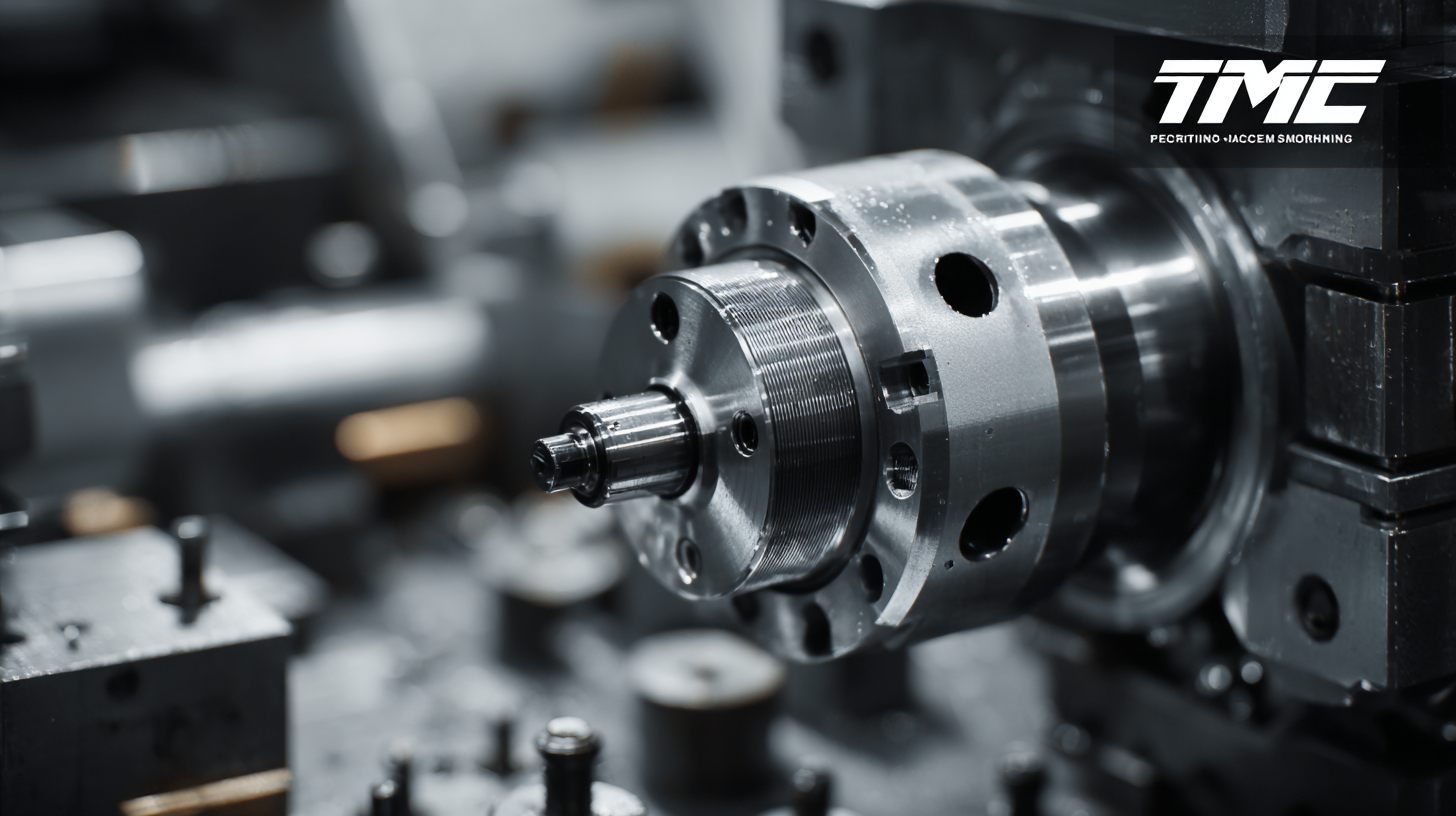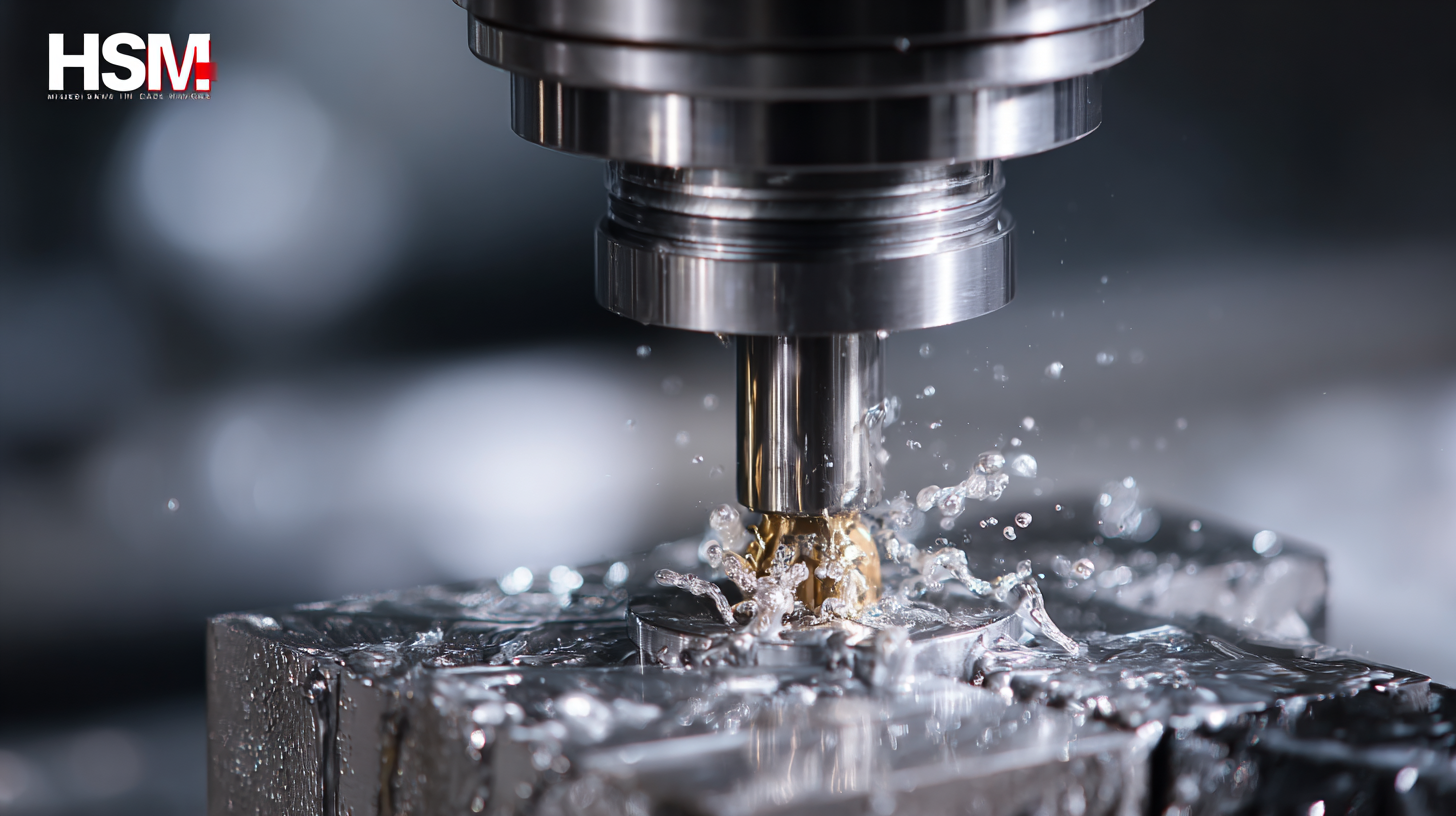How to Identify and Select the Best High Precision Machining Suppliers for Your Needs
In the rapidly evolving manufacturing landscape, the demand for high precision machining has surged dramatically, driven by industries such as aerospace, automotive, and medical devices. According to a recent industry report by Grand View Research, the global precision machining market was valued at approximately $81.61 billion in 2020, with projections indicating a compound annual growth rate (CAGR) of 7.6% from 2021 to 2028. This growth underscores the critical importance of selecting the right suppliers who can meet stringent quality and performance standards. Choosing the appropriate high precision machining supplier not only impacts the overall product quality but also influences lead times, production costs, and the long-term competitiveness of your operations. As the market becomes increasingly saturated with potential partners, understanding how to identify and select the best suppliers tailored to your specific needs is essential for sustaining innovation and efficiency in your manufacturing process.

Understanding After-Sales Service Importance in Precision Machining Supplier Selection
When selecting a high precision machining supplier, understanding the importance of after-sales service is crucial. A reliable supplier not only provides quality products but also ensures ongoing support that can significantly impact your operations. After-sales service includes technical assistance, warranty provisions, and responsiveness to issues that might arise post-purchase. Suppliers that prioritize after-sales support demonstrate their commitment to customer satisfaction, making them more trustworthy partners.
Tip 1: Before making a final decision, inquire about the supplier’s after-sales services. A good supplier should have clear policies regarding service levels, response times, and how they handle complaints or service requests.
Additionally, great after-sales service can enhance your productivity by minimizing downtime. If you encounter a problem with precision components, having a supplier who quickly addresses issues can save your business time and money. This aspect adds substantial value and should weigh heavily in your selection process.
Tip 2: Evaluate the supplier’s track record regarding after-sales support by asking for references or customer testimonials. Often, real experiences from other customers can provide insight into how the supplier responds when issues arise.
Factors Influencing Repair Costs in High Precision Machining Operations
In high precision machining operations, understanding the factors that influence repair costs is crucial for maintaining efficiency and minimizing unexpected expenses. A recent industry report by Grand View Research indicates that the global precision machining market is projected to reach USD 97.24 billion by 2025, emphasizing the importance of cost management in this competitive field. Key factors affecting repair costs include machinery wear and tear, the complexity of components, and the availability of skilled labor. For instance, parts made from advanced materials such as titanium and Inconel not only require higher levels of precision but also incur higher repair costs due to specialized handling and machining processes.

Moreover, the efficiency of supply chain management plays a pivotal role in overall costs. According to a study published by the National Institute of Standards and Technology (NIST), optimizing supply chain operations can reduce delays and material waste by up to 30%. Companies that invest in high-quality suppliers capable of rapid turnaround times and reliable parts consistency can significantly reduce their repair costs. By conducting thorough assessments of potential suppliers, including their technological capabilities and past performance, businesses can secure better pricing structures and maintain their operational integrity amidst fluctuating machining demands.
Evaluating Warranty Terms and Support Offerings from Suppliers
When selecting high precision machining suppliers, evaluating the warranty terms and support offerings is crucial for ensuring long-term satisfaction and operational efficiency. A robust warranty not only protects your investment but also signifies the supplier's confidence in their products. Look for comprehensive coverage that includes parts, labor, and even potential failures due to material defects. Understanding the terms can help you avoid unexpected costs down the line.
In addition to warranty terms, assessing the support offerings from suppliers is vital. This includes their responsiveness to inquiries, accessibility of technical support, and willingness to provide training or resources. Suppliers who prioritize customer support and maintain strong communication channels tend to foster better partnerships.
**Tips**: Always clarify what is included in the warranty and ask about the process for filing claims. Additionally, inquire about their support structure—prompt responses to technical issues can save time and reduce downtime in your operations. Lastly, consider the supplier's commitment to sustainable practices, as this can reflect their overall reliability and ethical standards in business.
How to Identify and Select the Best High Precision Machining Suppliers for Your Needs - Evaluating Warranty Terms and Support Offerings from Suppliers
| Supplier Type | Warranty Length | Warranty Coverage | Support Response Time | Technical Support Availability |
|---|---|---|---|---|
| Tier 1 Supplier | 5 years | Parts and Labor | 24 hours | 24/7 |
| Mid-tier Supplier | 3 years | Parts Only | 48 hours | Business hours |
| Local Supplier | 2 years | Limited Coverage | 72 hours | Weekdays only |
Impact of After-Sales Services on Long-Term Supplier Relationships
When selecting high precision machining suppliers, the quality of after-sales services can significantly impact the longevity and success of the partnership. Robust after-sales support reassures clients that they are making a wise investment, as it adds value beyond the initial transaction. A supplier that offers exceptional after-sales services—such as responsive technical support, timely maintenance, and regular follow-ups—demonstrates commitment to their client’s success. This proactive approach enhances reliability and fosters trust, allowing companies to focus on their core operations without worrying about the precise functionality of their machined components.

Moreover, after-sales services can play a crucial role in resolving unforeseen issues that arise post-purchase. Effective communication channels and quick problem resolution not only prevent extended downtimes but also serve to strengthen the relationship between the supplier and the client. When suppliers are responsive and actively engage in troubleshooting, they convey a message of partnership rather than mere transactional dealings. Such relationships are more likely to lead to collaboration on future projects, adherence to evolving needs, and potential cost savings through long-term contracts. Choosing suppliers who prioritize after-sales services ultimately contributes to a stable and fruitful manufacturing ecosystem.
Industry Benchmarks for After-Sales Service Response Times and Costs
In selecting high precision machining suppliers, understanding industry benchmarks for after-sales service response times and costs is crucial. According to a report by the Precision Machined Products Association (PMPA), the average response time for service calls in the machining industry is approximately 24 hours, with top-performing suppliers achieving an impressive average of just 12 hours. This metric not only reflects the efficiency of a supplier's service department but also their commitment to customer satisfaction. Choosing a supplier that aligns with or exceeds these expectations can significantly impact your operations and minimize downtime.
Moreover, the cost associated with after-sales service varies widely, with industry averages ranging from $100 to $300 per service call. However, suppliers known for exceptional service often provide value-added support at competitive pricing. An analysis by Gardner Business Media indicates that companies investing in proactive customer service practices see up to a 20% reduction in overall service costs due to decreased emergency repairs and better part longevity. Thus, when assessing potential suppliers, it is essential to consider both their response times and cost efficiency in after-sales support to ensure alignment with your operational needs and financial goals.
Let's Build Together



Contact Us: Call 435-563-3503
-OR- Fill in the form below and we will call you back.
